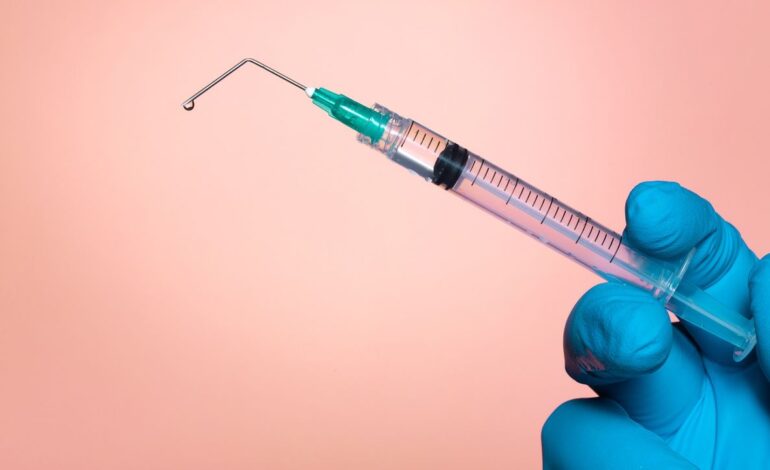RFK Jr. Proposes Overhaul of Vaccine Injury Compensation System

The Vaccine Injury Compensation Program, often referred to as the vaccine court, has served as a critical resource for individuals who believe they have suffered harm from vaccines for nearly four decades. Recently, health advocate and Secretary of Health and Human Services, Robert F. Kennedy Jr., expressed his desire to reform this system, criticizing it as biased and inefficient. Despite his intentions to “revolutionize” the program, significant obstacles lie ahead.
Established by the National Childhood Vaccine Injury Act of 1986, this program was designed to address public concerns over potential vaccine-related injuries, particularly those associated with the whole-cell pertussis vaccine. This vaccine, which was discontinued in the United States during the 1990s, was linked to severe side effects that led to parental lawsuits against manufacturers. Fearing a collapse of the vaccine supply chain, Congress created the vaccine court to shield manufacturers from litigation while providing a mechanism for compensating alleged victims.
The vaccine court operates within the U.S. Court of Federal Claims. Individuals claiming vaccine-related injuries file petitions that are reviewed by a special master. The Department of Justice represents the Health and Human Services Secretary as the defendant, while medical professionals evaluate claims to determine if a vaccine caused the reported injury. A trust fund, generated through a $0.75 excise tax on each vaccine dose, finances compensation.
While the program has been effective in addressing legitimate claims, critics argue that it requires modernization. For instance, only eight special masters currently handle an increasing caseload, and the compensation cap of $250,000 has not been adjusted for inflation since 1986. Additionally, the statute of limitations for filing claims is three years, often resulting in late submissions.
In recent years, the program has expanded to include vaccines for pregnant women, but adult vaccines, such as shingles, remain excluded. Claims related to COVID-19 vaccines are processed through a different system, which has faced substantial criticism. Some propose that these vaccines be included within the vaccine court’s jurisdiction, a suggestion that enjoys bipartisan support.
Kennedy’s strategy for reform remains largely unspecified. He has not outlined how he would implement changes but has hinted at a desire to dismantle rather than merely amend the existing structure. Direct alterations to the vaccine court would necessitate Congressional approval and presidential assent, a challenging endeavor in today’s political climate. Past attempts to reform the system have met with resistance; a proposed bill in 2021 aimed at improving the vaccine court did not progress.
One of Kennedy’s long-standing claims involves the connection between vaccines and autism, a theory that has been thoroughly debunked in court. From 2002 to 2010, the vaccine court conducted extensive hearings and research, concluding that no credible evidence linked vaccines to autism. Despite this, Kennedy’s criticism often targets the special masters tasked with evaluating these claims, alleging that they prioritize the system’s solvency over justice for victims.
Kennedy could potentially seek to revise the list of recognized vaccine injuries to include conditions like autism, though such changes would require a rigorous administrative process and would likely face significant opposition from health and medical organizations. Conversely, he might leverage his newly reinstated Advisory Committee on Immunization Practices to withdraw recommendations for certain vaccines, subsequently stripping them of their coverage under the vaccine court.
On August 14, 2025, the Department of Health and Human Services announced the revival of a childhood vaccine safety task force, a move interpreted by some as a response to pressures from anti-vaccine advocates. Additionally, Kennedy has shown support for legislation that would enable claims currently processed in the vaccine court to transition to the civil justice system.
These proposed changes could have far-reaching implications, enabling individuals to pursue personal injury lawsuits against vaccine manufacturers. However, such legal paths are fraught with challenges, as plaintiffs face a higher evidentiary standard in regular courts and must contend with large corporations.
The debate surrounding the vaccine court illustrates the complex interplay of public health, legal frameworks, and societal beliefs about vaccines. As Kennedy pushes for reform, the outcome will likely influence the future of vaccine litigation and public perceptions of vaccine safety. The strength and resilience of the vaccine court system will be tested as stakeholders from various sectors weigh in on these significant proposals.






